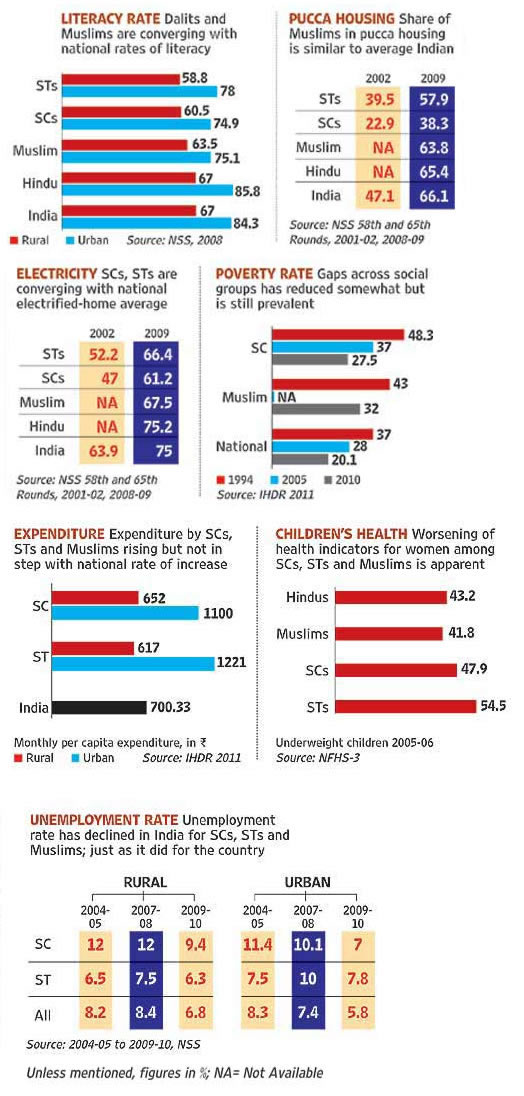Slums are part and parcel of most cities. In fact in India slums cover 30-50% of the population. Different governments have tried to solve the problem of slums in their own ways, for example, Madhya Pradesh started with grant of tenure or ‘’patta’’, hoping that entitlement to ‘title’ would give access to essential services. Similarly, the UP government has declared allotting of free houses to BPL families and have declared that the scheme would allot homes in 60 different towns and cities of UP. Problem is that most schemes, however, have seldom crossed the realm of political rhetoric. Funds are too meagre and the numbers who benefit are always far too small than needed and hence really not replicable.
While different governments have been trying to tackle the problem of slums, but, in spite of all the efforts, the actual problem still persists. Perhaps a deeper look at the problem will help us understand the genesis of problem and then only think of solutions, which are preventive rather than curative.
- Aspirations of rural dwellers have increased hugely and due to lack of opportunities, a large number of them move to cities,
- Poor city administration, which does not plan for large influx of persons and how to manage them (recent decision by Supreme Court which has ordered Delhi Administration to construct sufficient number of dormitories, night shelters to accommodate homeless) creates its own problem of scarcity of accommodation and facilities, which gets further accentuated when political patronage allows regularization of unauthorized colonies.
- While administration frequently announce schemes to tackle problem of slums, however with too meagre funds to match the problem and lack of proper managerial skills, often the schemes remain on paper with hardly any impact on the ground.
Bollywood has contributed in a big way to Mumbai’s legendary symbol of slums. However the Mumbai slums also constitute a real problem, as more than half of the population (52.5% to be precise) lives in slums. Mumbai has tried to involve the private sector. Real estate developers would clear the slums, give free homes to slum dwellers and get incentives in terms of higher FSI so as to recoup expenditure, and make a profit too. As this scheme showed fruitful results, soon it might be replicated in various other cities and states, and might one day become a national policy too!!!
While slum-dwellers contribute majorly to the urban productivity (services being provided at low cost) and the city economy they continue to be deprived and exploited lot and our cities continue to be pictures of stark contrasts.
-based on article by Professor PSN Rao of SPA, New Delhi

